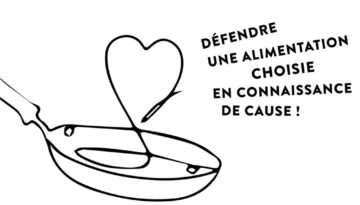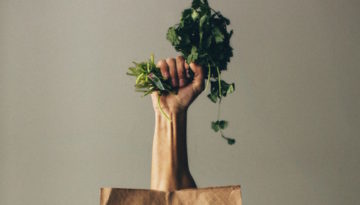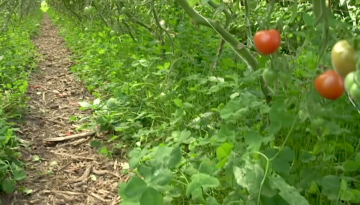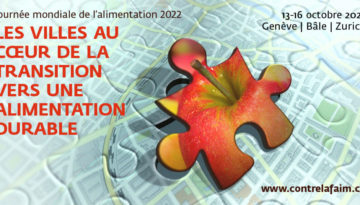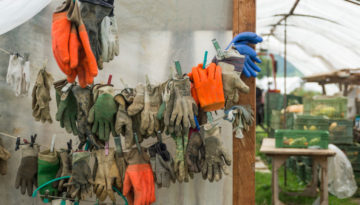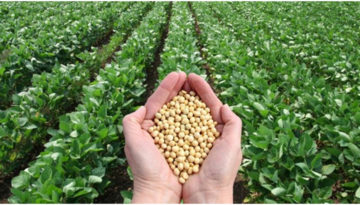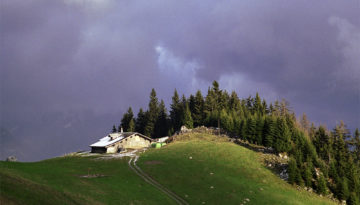Les alternatives
L’agriculture industrielle reflète notre vie urbaine déconnectée de la nature et est marquée par les mêmes problèmes (santé, densité, stress).
Nous voulons une agriculture qui contribue à la qualité de vie. Nous avons besoin d’une agriculture qui renforce la sécurité alimentaire locale. Un changement systémique de l’agriculture entraînera également un changement du système social – et inversement.
« Ce que le paysan ne connaît pas, il ne le mange pas. Si le citadin savait ce qu’il mange, il deviendrait immédiatement paysan. »
Oliver Hassencamp sur zitate.net →

 Français
Français
 Deutsch
Deutsch
